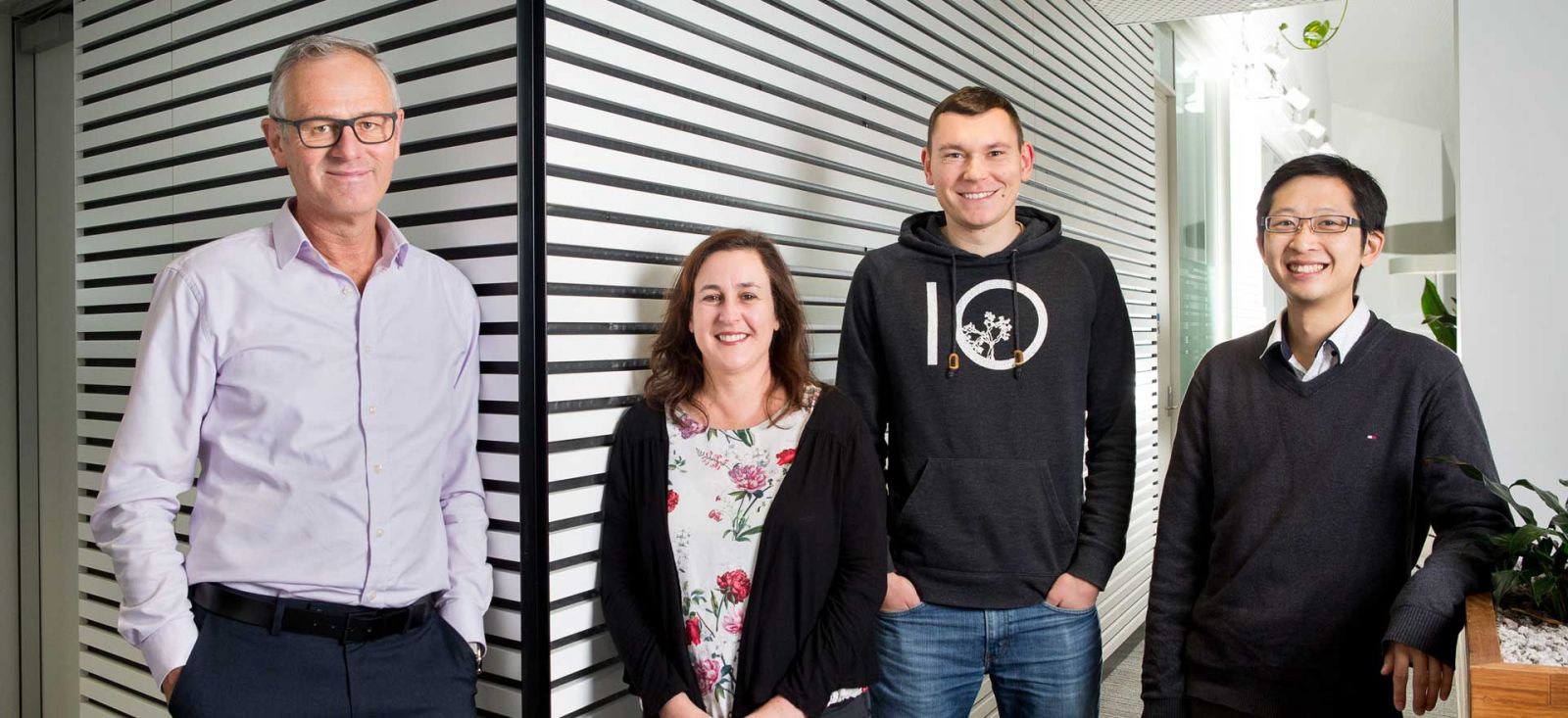Van Driel Group

“By gaining a better understanding of how the immune system combats bacterial infections, we aim to maximise the chances of developing more effective vaccines and antimicrobial drugs.” Professor Ian van Driel
Research
The Van Driel Group's research interests include:
- Immunology and Inflammatory Disease
- Immune responses to bacteria in the lung, particularly Legionnaire's disease
Techniques
The use of genetically manipulated mice in immunology, genetics, cell biology and physiology; a wide range of immunological techniques (flow cytometry, lymphocyte functional assays, ELISAs etc); histological techniques, light, fluorescence, confocal microscopy; culture of cell lines and primary cells; and cellular and molecular biology.
Group Members
Group Leader
Professor Ian van Driel
PhD Students
Joshua Von Ameln
Alexandra Brodmann
Biography

Professor Ian van Driel
Department of Biochemistry and Pharmacology
University of Melbourne
T: (+61 3) 8344 2317
E: i.vandriel [at] unimelb.edu.au
Professor Ian van Driel is Head of the Department of Biochemistry and Pharmacology, Bio21 Molecular Science and Biotechnology Institute, The University of Melbourne since 1 June 2016. He completed his undergraduate studies at the University of Western Australia before embarking upon a PhD at the Walter and Eliza Hall Institute in Melbourne. After 3 years as a research fellow in Dallas, Texas, USA he returned to Australia in 1989 to take up a position at Monash University, Melbourne and moved to The University of Melbourne in 2001. He now heads a research laboratory at the Bio21 Molecular Science and Biotechnology Institute, The University of Melbourne working on immune responses to pathogenic bacteria in the lung and gut, inflammatory bowel disease, and autoimmune disease. Professor van Driel's work currently focuses on investigating the immune response to pathogenic bacteria, particularly pathogenic E. coli and L. pneumophila. This work seeks to better define the roles of immune cells and molecules that combat bacteria in the tissues in which they colonise, namely; the gut and lung. Professor van Driel has also made a number of fundamental contributions to the understanding of autoimmune disease and immunological tolerance particularly in the area of autoimmunity of the stomach (autoimmune gastritis and pernicious anaemia).

